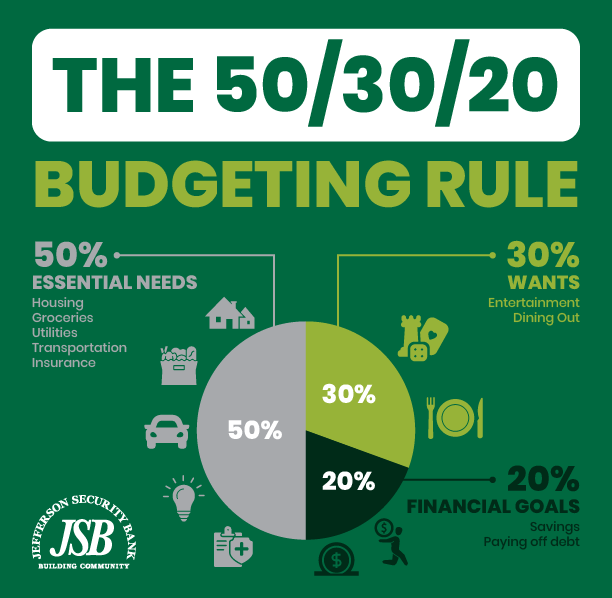The Impacts of Afterpay on Your Credit Reliability and Financial Wellness
As individuals welcome the ease of getting goods and services through Afterpay, an intricate interplay of variables begins to form their financial profile. From credit rating fluctuations to prospective debt traps, the results of Afterpay use extend past mere transactional comfort.
Effect On Credit Rating
The application of Afterpay may affect an individual's credit rating, potentially influencing their overall creditworthiness. When a consumer makes use of Afterpay to make purchases, the transactions are not normally reported to credit scores bureaus, such as Equifax or Experian, unless there are concerns with repayments. Nonetheless, if there are missed repayments or defaults on Afterpay installations, this adverse task can be reported to credit history agencies, affecting the person's credit history.
Late repayments can reduce an individual's credit rating, making it harder for them to secure finances or charge card in the future. Furthermore, if Afterpay financial obligation is sent to collections because of non-payment, it can substantially harm the person's creditworthiness. It is vital for Afterpay users to manage their repayments properly to prevent any negative repercussions on their credit scores score.
Debt Build-up Risk
Afterpay's appeal of breaking down repayments into smaller, manageable pieces can lead to spending too much and financial debt buildup if not utilized carefully. While Afterpay does not charge rate of interest on acquisitions, late fees and charges can quickly include up if repayments are missed out on.
In addition, numerous superior Afterpay instalments can stress one's economic resources, particularly if unforeseen costs arise. Surveillance investing routines, setting rigorous restrictions on Afterpay use, and guaranteeing repayments are made on time are critical steps to alleviate the financial obligation buildup risk connected with making use of Afterpay for purchases.
Settlement Behavior Impact
Careful factor to consider of one's payment actions is vital when evaluating the impact of Afterpay on financial routines and decision-making. Afterpay's buy now, pay later on design can influence a person's payment habits in numerous ways. The ease of splitting repayments into installations might cause an understanding of cost, possibly encouraging users to make even more acquisitions than they typically would. This might result in overspending otherwise managed vigilantly. Moreover, the delayed repayment framework of Afterpay might attract individuals to postpone budgeting duties, as immediate full payment is not called for at the time of purchase.

Budgeting Tests

Navigating the economic landscape with Afterpay can provide individuals with substantial budgeting obstacles. While Afterpay provides the ease of splitting settlements right into installments, it can also lead to spending beyond your means if not handled meticulously.
In addition, monitoring multiple Afterpay installment repayments in addition to regular expenses can make budgeting a lot more complicated. Failing to make up these payments accurately in the budget can cause spending too much in various other locations or go to this website missing out on settlement target dates, possibly bring about late charges or influencing credit rating.
To overcome these obstacles, individuals utilizing Afterpay needs to produce a thorough budget that makes up all Afterpay payments and makes sure that they align with their general monetary objectives. Consistently changing the spending plan and examining to fit Afterpay installations can aid preserve economic security and prevent too much financial debt buildup. By remaining conscious of their costs behaviors and spending plan restrictions, people can successfully browse the budgeting difficulties connected with making use of Afterpay.
Long-Term Financial Implications
A detailed understanding of the long-lasting monetary effects related to making use of Afterpay is essential for people to make educated choices concerning their economic health. While Afterpay offers convenience and adaptability in taking care of acquisitions by breaking them into smaller settlements, there are a number of aspects to take into consideration for long-term economic wellness.
One substantial long-lasting ramification of using Afterpay is the prospective effect on one's credit rating. Although Afterpay does not do credit checks prior to permitting customers to make purchases, missed out on settlements or defaults can be reported to credit history bureaus, affecting credit reliability. This might impede future accessibility to credit score or financings with favorable terms.
Furthermore, the temptation to spend beyond your means with Afterpay can bring about gathering financial obligation that might end up being unrestrainable over time. The ease of deferred repayments might mask truth cost of purchases, potentially leading to financial strain over time.
Therefore, individuals need to exercise caution and discipline when utilizing Afterpay to ensure that it does not negatively influence their lasting economic security and credit reliability. does afterpay affect credit score.
Conclusion
These elements can have lasting monetary ramifications for individuals utilizing Afterpay. It is crucial for consumers to carefully consider the consequences of utilizing buy now, pay later services like Afterpay to preserve their economic stability and credit my site reliability.
Tracking investing habits, setting rigorous limitations on Afterpay use, and guaranteeing settlements are made on time are crucial actions to reduce the financial debt buildup danger connected with making use of Afterpay for transactions.
The delayed payment framework of Afterpay may tempt customers to defer budgeting obligations, as instant full settlement check my site is not needed at the time of acquisition.
In addition, the automated nature of Afterpay payments, deducted from connected accounts on certain days, might influence users to prioritize these repayments over other financial responsibilities. People need to work out self-control and check their overall settlement behavior to stay clear of any type of negative effects on their monetary health and wellness when using Afterpay.
To overcome these difficulties, individuals making use of Afterpay should develop a thorough budget plan that accounts for all Afterpay payments and guarantees that they straighten with their general monetary objectives.